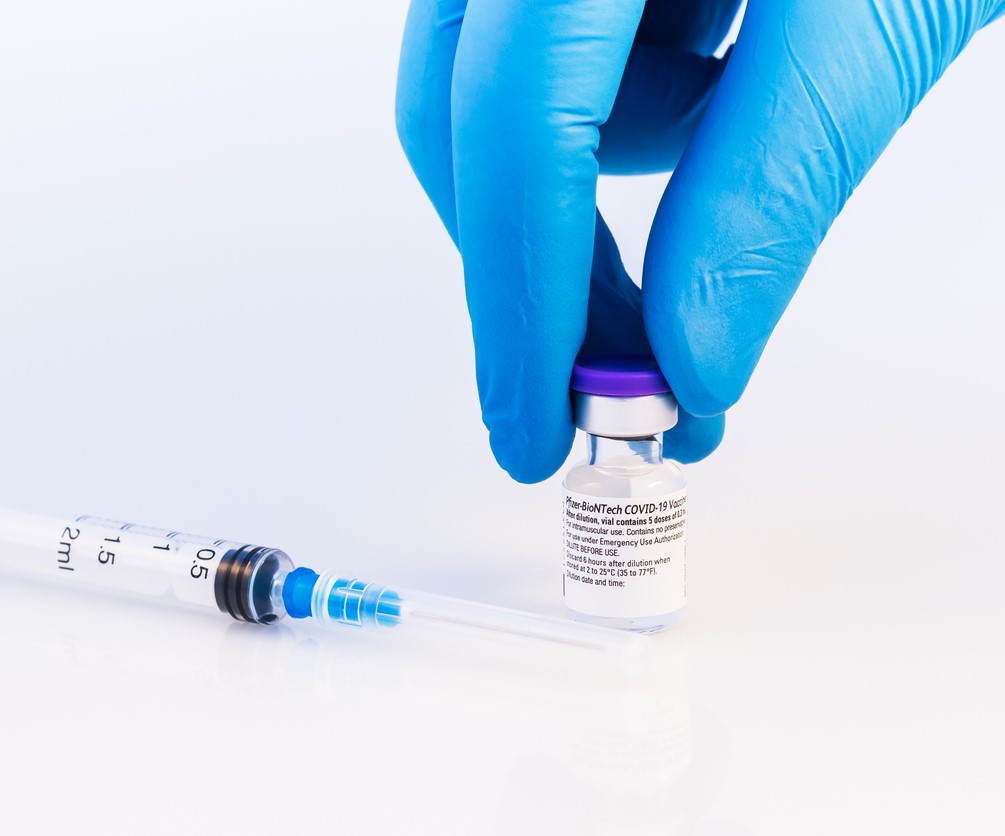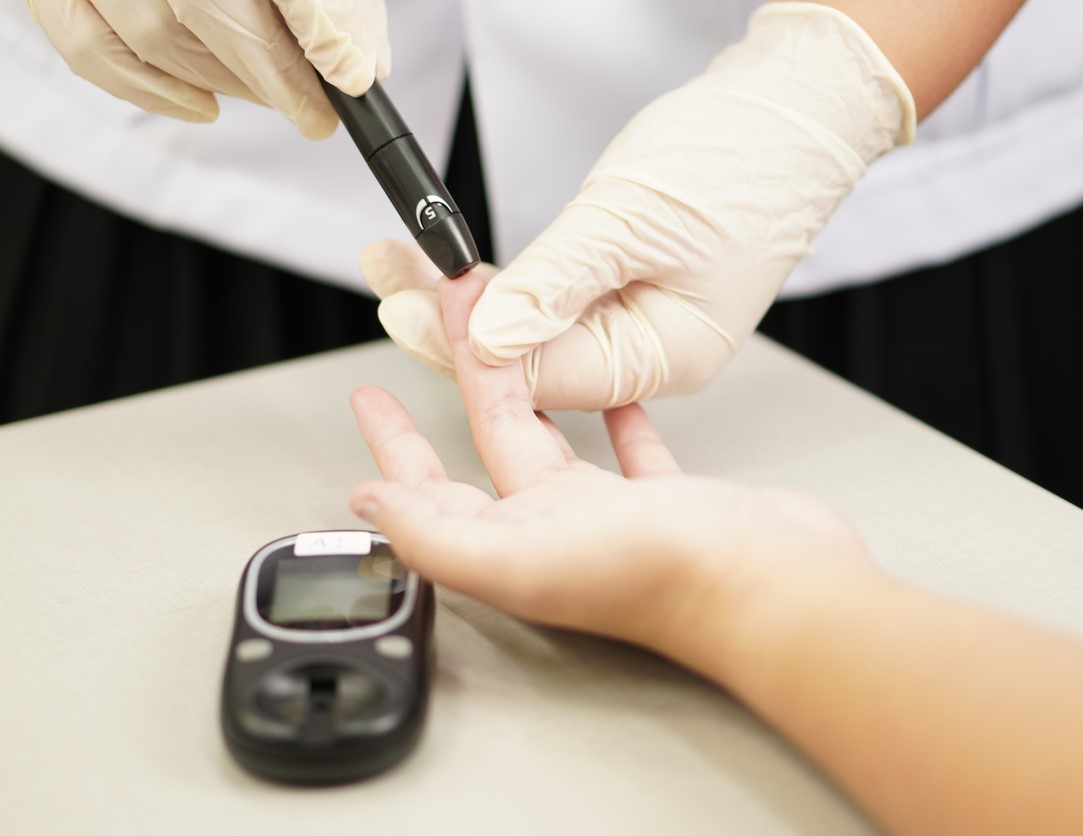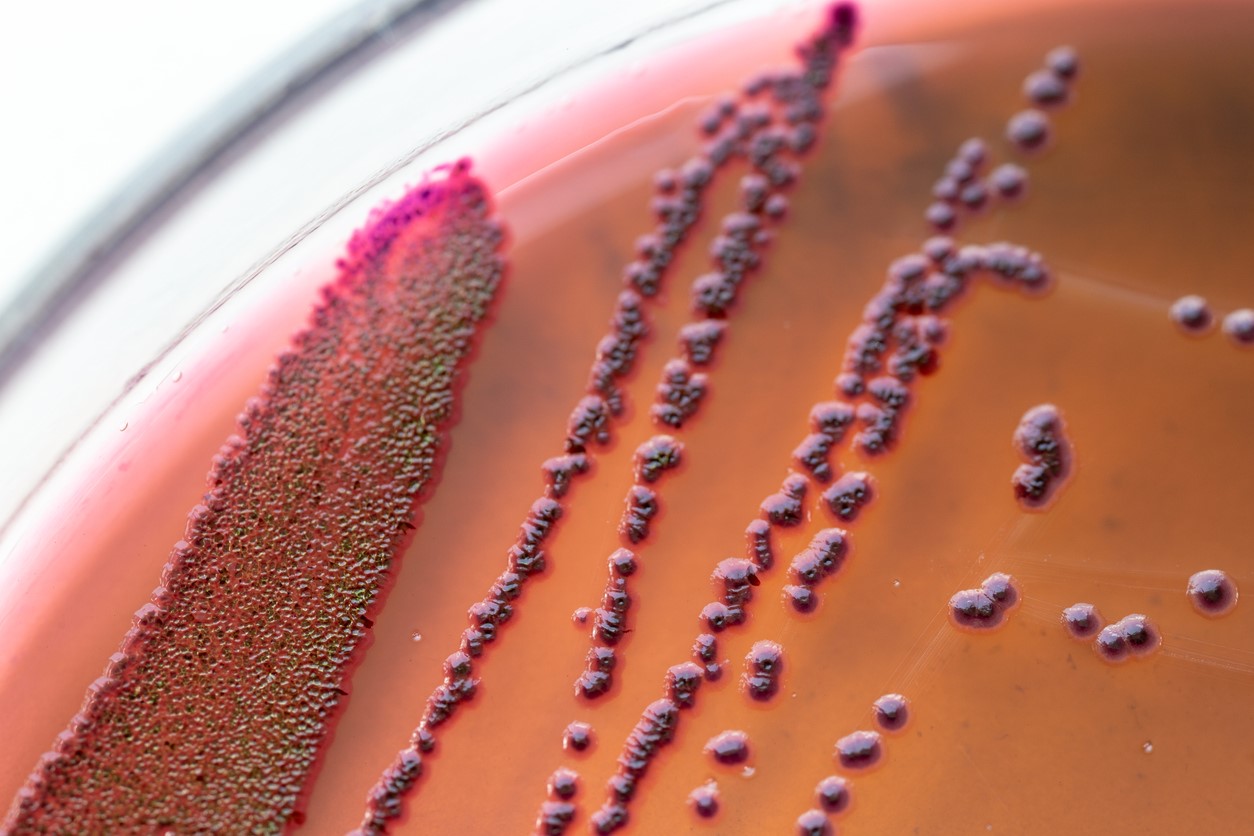 A US study published yesterday in Nature Communications suggests that pre-infection COVID-19 vaccination was tied to a lower likelihood of persistent symptoms 45 days after infection.
A US study published yesterday in Nature Communications suggests that pre-infection COVID-19 vaccination was tied to a lower likelihood of persistent symptoms 45 days after infection.
Researchers from the National Institutes of Health's RECOVER study analyzed the electronic health records of patients at 11 sites who tested positive for COVID-19, covering about 1 year starting on August 1, 2021. Minimum follow-up was 164 days.
They studied two groups: 47,404 people (1.5% who received a clinical diagnosis of long COVID and 55.6% who had completed a primary vaccine series) and a model-based cohort of 198,514 people (1.7% were predicted to have long COVID, and 43.4% had received a primary vaccine series).
Results consistent in both cohorts
The researchers found protective associations of vaccination with long-COVID diagnosis in both clinic-based and model-based outcomes. A subanalysis didn't reveal robust evidence that the protective effect depends on the time from vaccination to COVID-19 infection.
"We found that vaccination was consistently associated with lower odds and rates of long COVID clinical diagnosis and high-confidence computationally derived diagnosis after adjusting for sex, demographics, and medical history," they wrote. "A major finding of our analysis is that the protective association remains consistent in results requiring a clinical diagnosis, and among those who contracted COVID-19 in a later period that includes Omicron infections."
We found that vaccination was consistently associated with lower odds and rates of long COVID.
Relative to younger people, older adults had higher odds of both vaccination and long-COVID diagnoses. "Failing to account for the substantial differences between individuals who were and were not vaccinated prior to COVID-19 could lead one to inaccurately conclude that vaccination is harmful," the authors wrote.
They said that contrary to intuition and previous study results, people vaccinated 25 or more weeks before infection had the lowest odds of a long-COVID diagnosis.
"We do not present this as evidence that the benefits of vaccination with respect to long COVID do not wane," the researchers wrote. "Caution should be used when interpreting conditional coefficients and investigating the time between vaccination and COVID-19 was not a primary focus in this study."
 A
A 
 An analysis of patients with uncomplicated urinary tract infections (uUTIs) in a large US healthcare network found a slight decrease in multidrug-resistant uropathogenic Escherichia coli (UPEC), researchers reported today in Open Forum Infectious Diseases.
An analysis of patients with uncomplicated urinary tract infections (uUTIs) in a large US healthcare network found a slight decrease in multidrug-resistant uropathogenic Escherichia coli (UPEC), researchers reported today in Open Forum Infectious Diseases.







